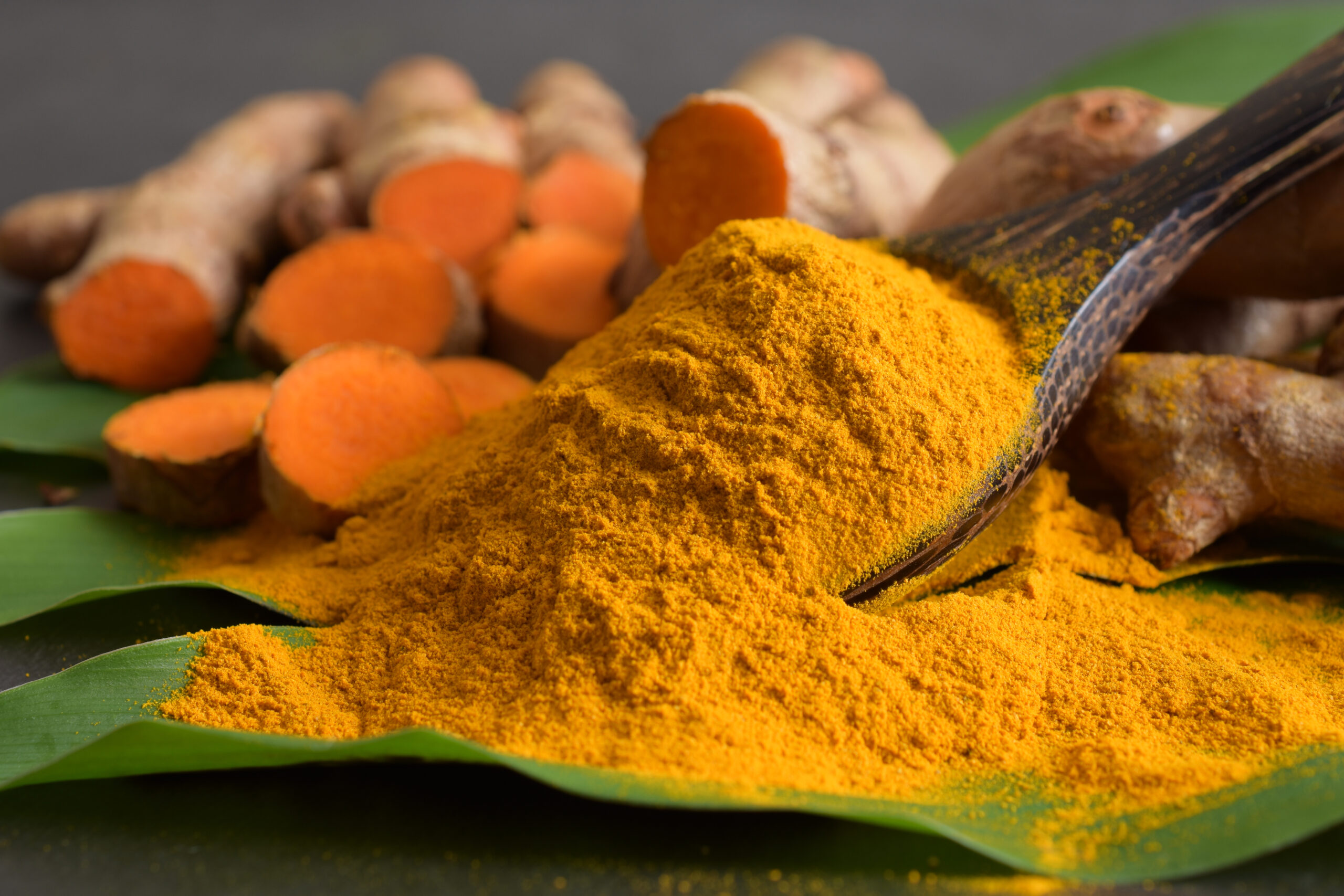If clams are the reigning royalty of Vitamin B12, then beef is merely a humble court jester.
At a Glance
- Vitamin B12 is crucial for neurological and red blood cell health.
- Clams and beef liver outshine beef as top B12 sources.
- Vegetarians and vegans can rely on fortified nutritional yeast.
- A significant portion of the population suffers from B12 deficiency.
The Power of Vitamin B12
Vitamin B12, also known as cobalamin, is an essential nutrient that plays a vital role in our bodies. It’s like the unsung hero of the vitamin world, crucial for keeping our nerves and blood cells healthy and happy. It even assists in making DNA, the genetic material in all cells. If you’re thinking your daily beef steak is your best B12 buddy, think again. While beef is a good source, it’s not the king of the B12 castle.
Clams are the true monarchs, offering a royal 12.8 micrograms of B12 per 4 ounces. That’s over five times the amount you get from the same serving of beef. If seafood isn’t your thing, fear not—beef liver is another B12 powerhouse, boasting a staggering 70 micrograms per 4 ounces. It’s like winning the B12 lottery with every bite.
Watch: B12 Deficiency: Uncovering the Silent Threat to Neurological and Vascular Health
B12 Deficiency: An Underestimated Issue
In the U.S., about 13% of the population is B12-deficient. Symptoms can be sneaky, starting with fatigue and progressing to anemia and neurological issues. Imagine your brain throwing a tantrum because it’s not getting enough B12. It’s not pretty. Deficiency is particularly concerning for older adults, those with absorption disorders, and the ever-growing vegan and vegetarian communities.
For those steering clear of meat, fortified nutritional yeast is a vegan’s best friend, offering up to 24 micrograms of B12 per serving. It’s like a sprinkle of magic dust on your meals, ensuring you get your daily dose without a side of guilt.
The Experts Weigh In
Dietitians like Karen Ansel and Bess Berger emphasize the importance of B12 for maintaining a healthy nervous system and red blood cell production. They urge everyone, especially at-risk groups, to be mindful of their B12 intake. Public health organizations like the NIH and Mayo Clinic echo these sentiments, underscoring the need for early diagnosis and intervention.
So, what’s the takeaway here? Diversifying your B12 sources is key, whether it’s through seafood, organ meats, or fortified vegan options. For those who need a little extra help, supplements and even injections are available to prevent the dire consequences of deficiency.









